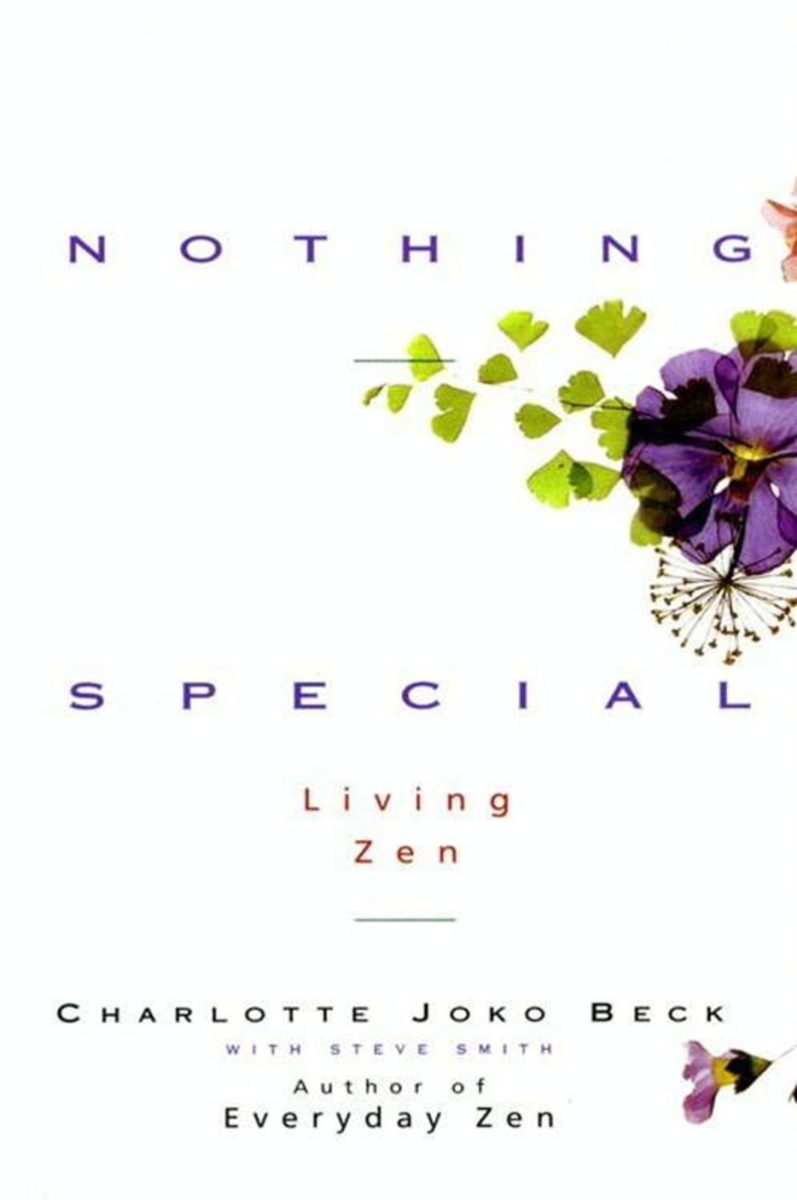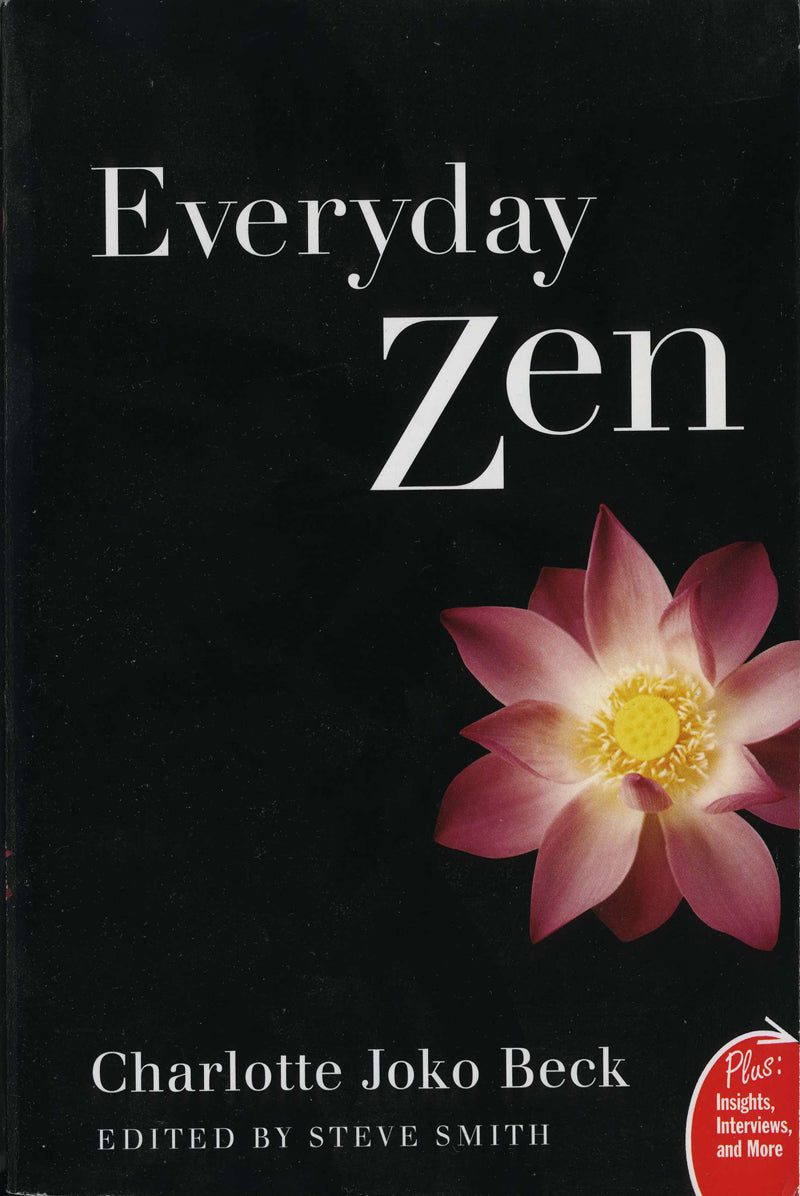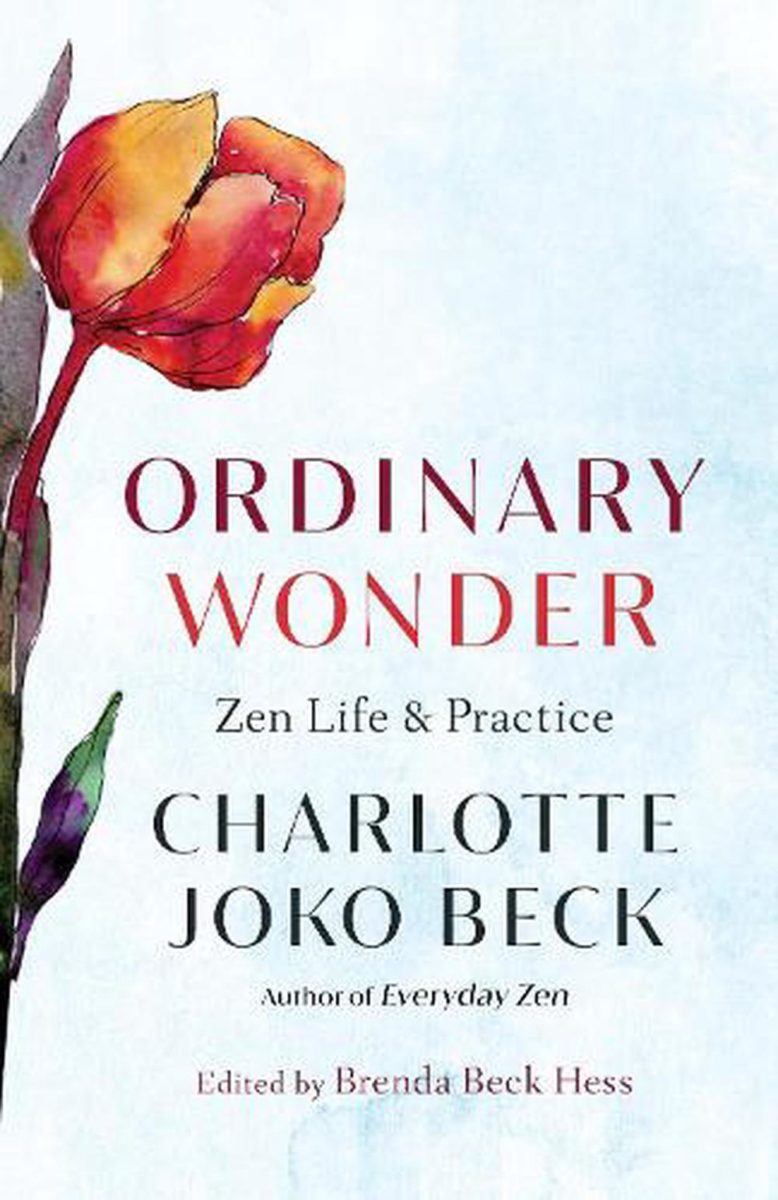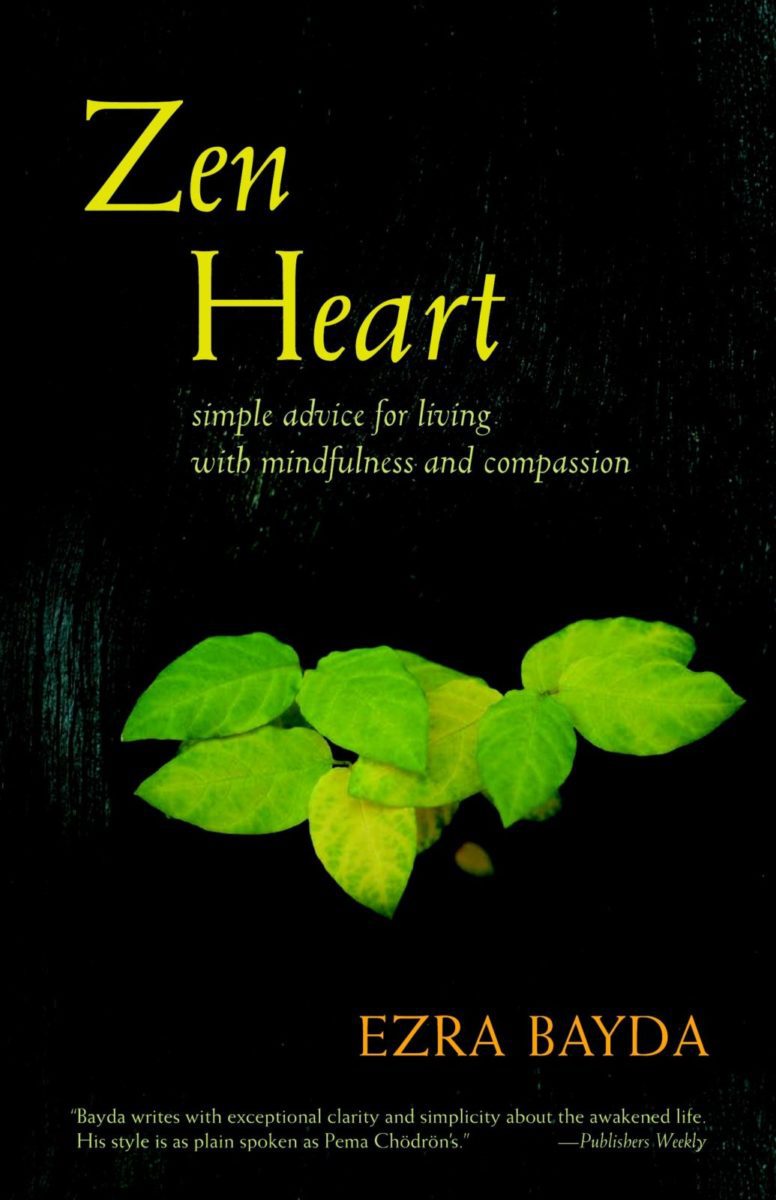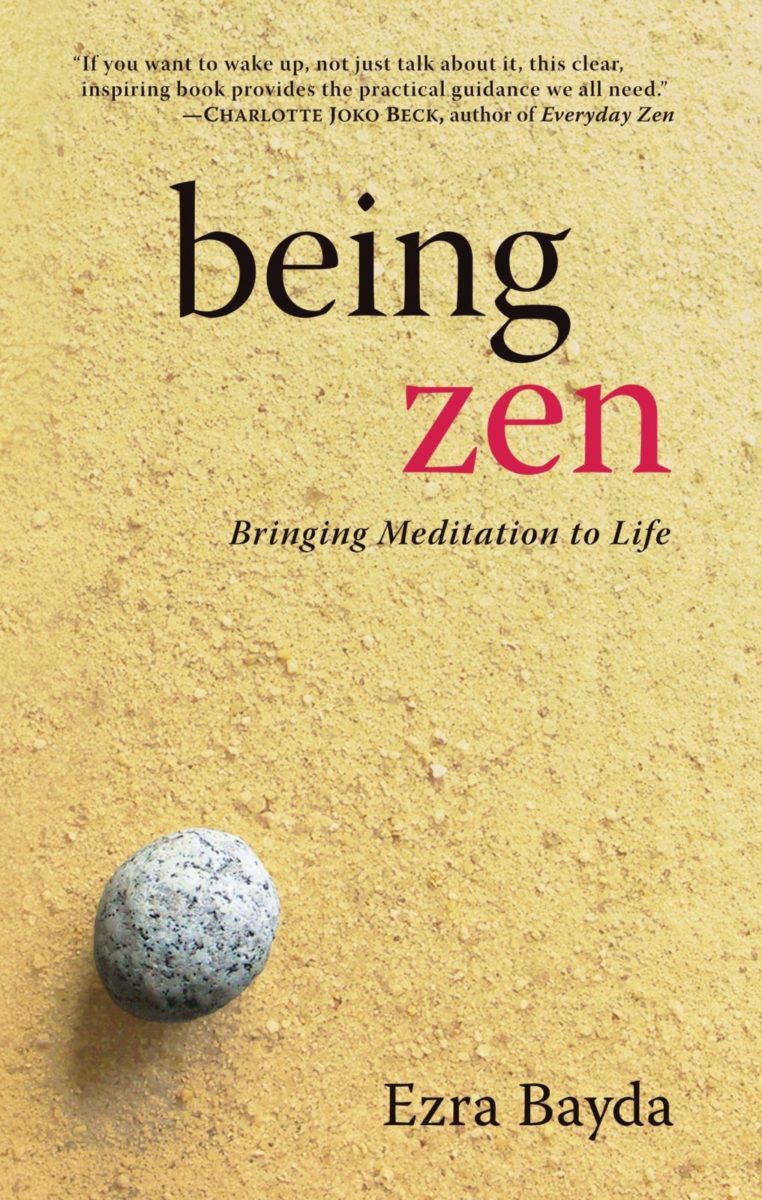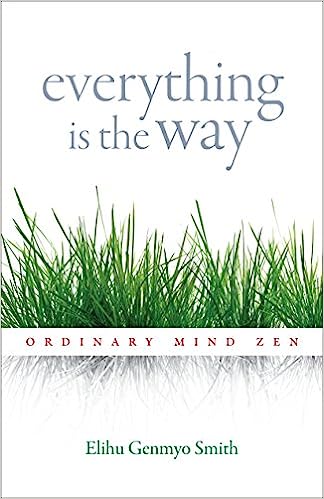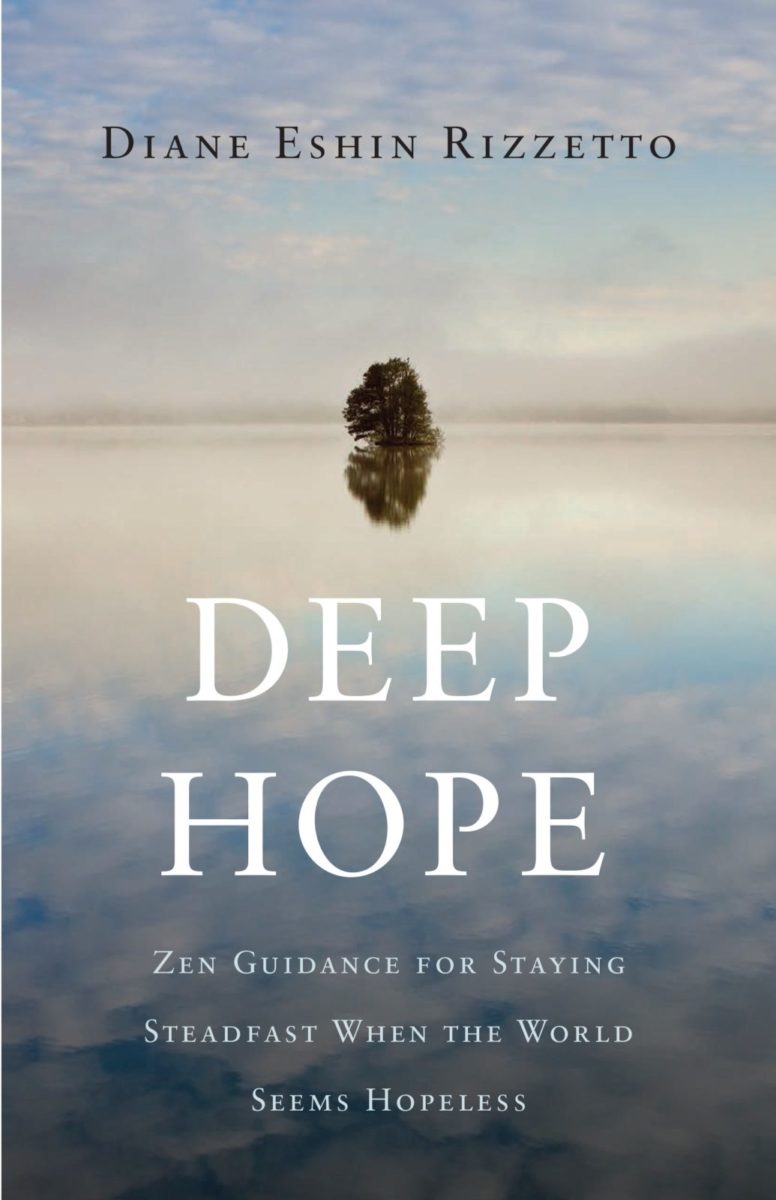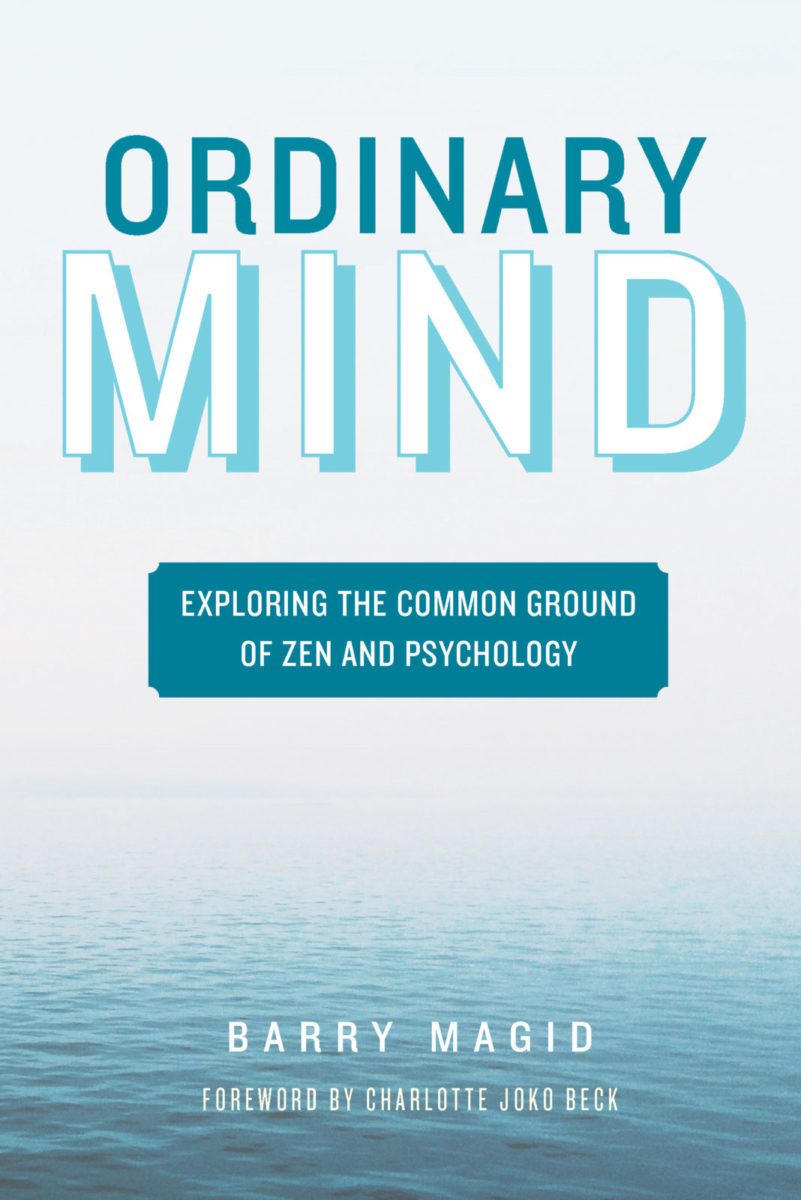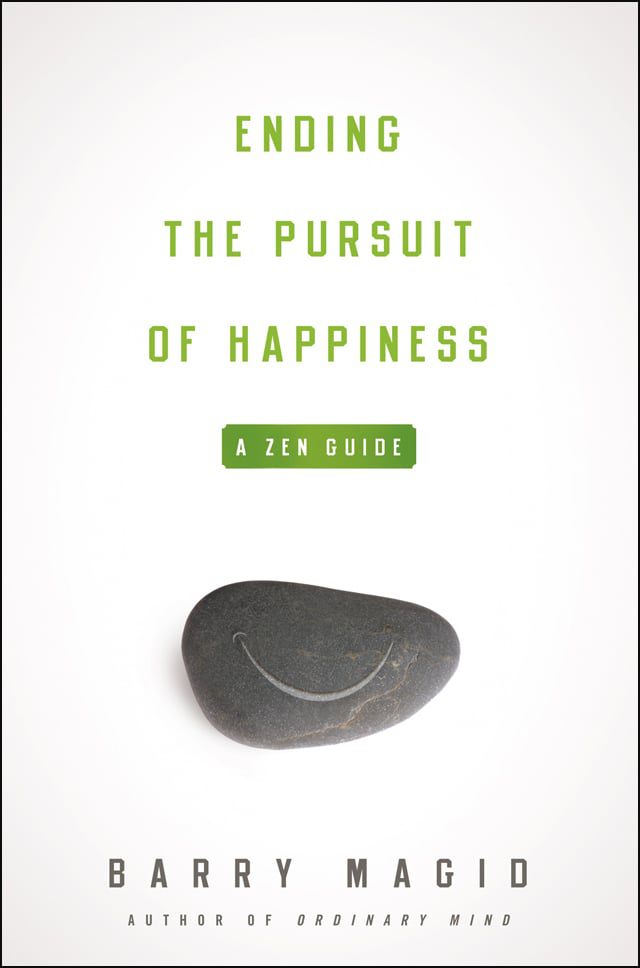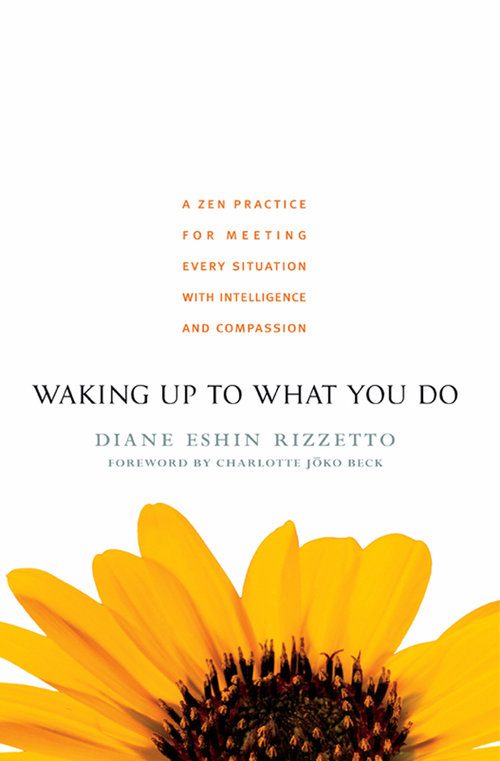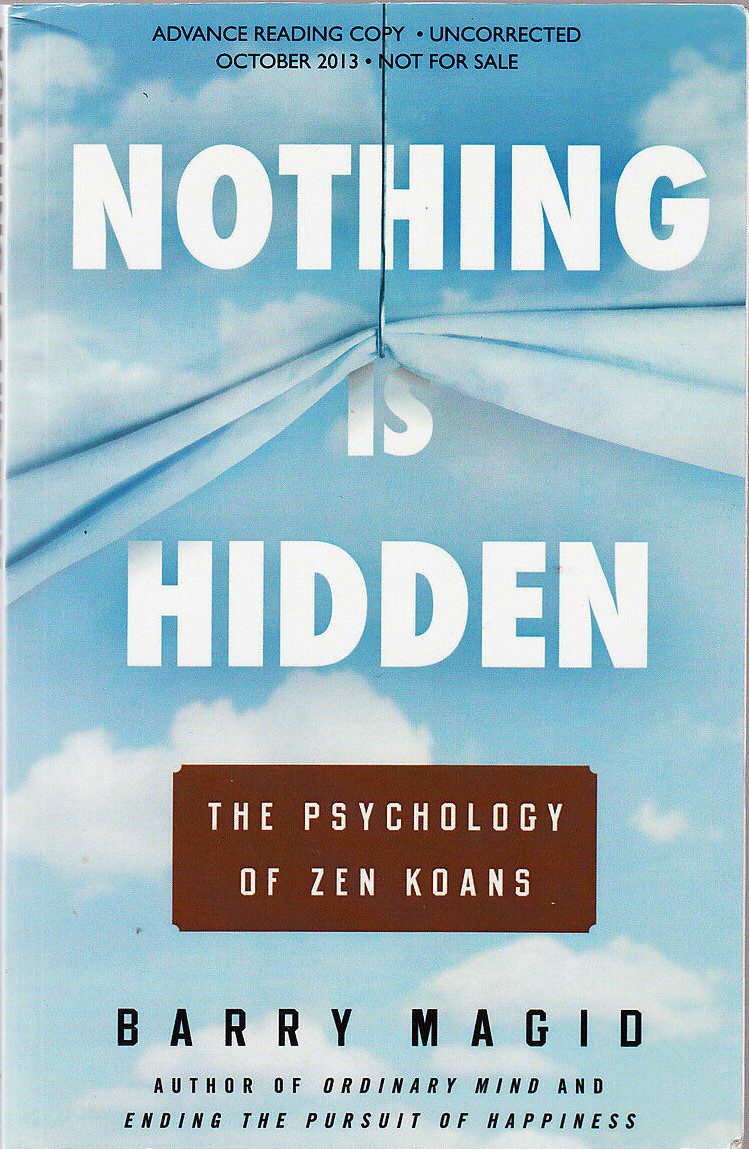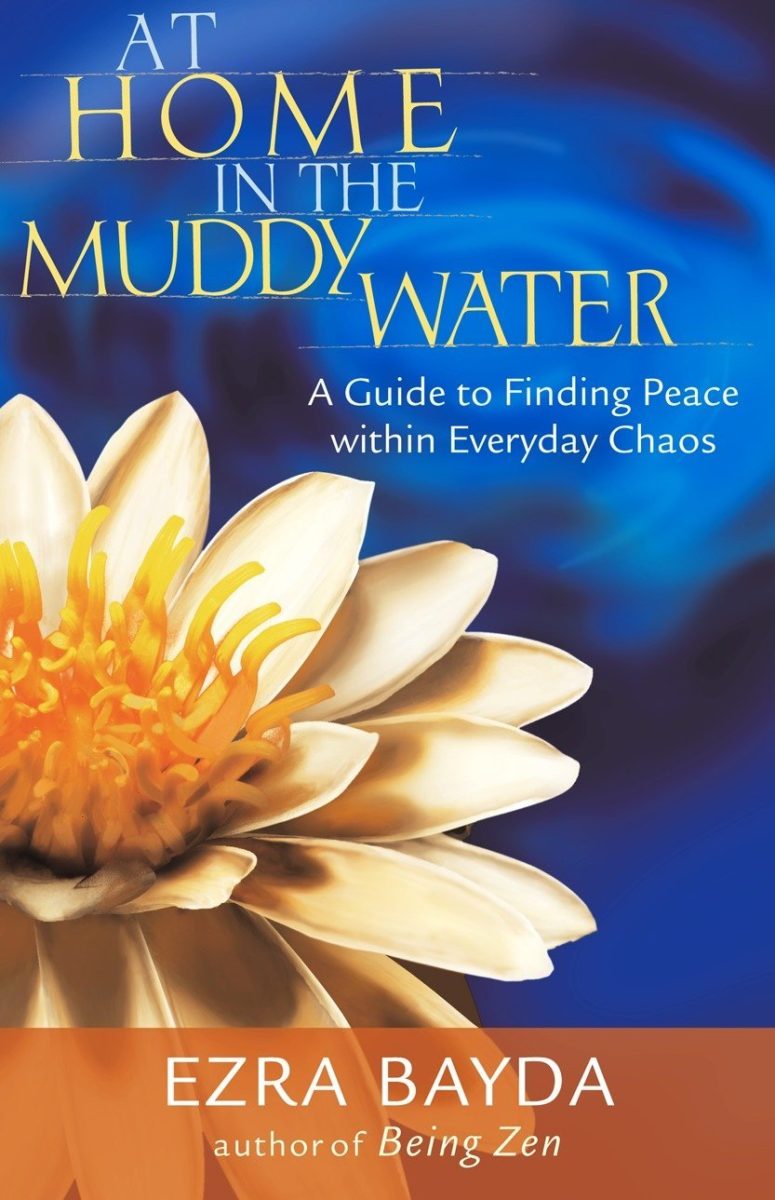The Way is perfect, like vast space, where nothing is lacking and nothing in excess.
- Sengcan
Ordinary Mind Zen Brisbane (OMZB) is an inclusive community of Zen practitioners dedicated to integrating mindfulness, compassion and insight into our lives. We meet in Bardon, in the inner west of Brisbane, and honour the Jagera and Turrbal peoples – the traditional custodians of this land.
Welcome

Through regular group practice and teachings, we offer a supportive environment for individuals on the Zen path.
In our practice, we balance formal Zen training, centered on the cultivation of silent sitting practice (zazen), with active practice in everyday life.
Join us at Ordinary Mind Zen Brisbane, where you’ll find a welcoming community of practitioners committed to the transformative power of Zen practice in daily life.
What We Do
Weekly Zen Sittings
Sunday evenings from 6.30-8.00 pm in the Group Room of the Bardon Counselling and Natural Therapy Centre, and on Zoom. Three periods of zazen (sitting practice), short periods of formal walking (kinhin), and a closing service.
Silent Practice Days
More intensive days of practice which are held 9.00 am – 4.00 pm on Sundays several times a year. Includes structured sitting, Dharma talk or discussion, and interviews with the teacher. Participation assumes prior experience.
Sesshin
A formal, residential practice retreat of several days. In September, we hold sesshin for 5 days at a practice centre close to Brisbane. Early in the year, a shorter non-residential sesshin is held in Brisbane.
Practice Conversations (Daisan)
Meetings with a teacher to discuss personal practice and its application in life. Attendance is available in-person or on Zoom.
Dharma Talks and Discussions
Talks on aspects of practice and Dharma are regularly given by our teachers during weekly programs, sesshins, and Silent Practice Days.
Newcomer Orientations
By arrangement, a short 20-minute orientation is offered on the first Sunday evening you attend, immediately prior to the evening sitting.
Other Activities
- Short “pop-up” Zoom sittings on Wednesday evenings each week.
- Shared suppers and social gatherings.
- Attendance options: either in-person or via Zoom.
- Monthly email Bulletin to keep you up to date on news and upcoming events.
Teachers
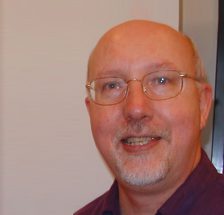
Gregg Howard - Guiding Teacher
Gregg Howard began practising Zen in the 1970s in Australia and the United States. In 1981 he co‑founded Brisbane’s first Zen group and soon after studied with Charlotte Joko Beck, arranging her annual visits to Brisbane. He later spent time in Japan studying Zen and the shakuhachi bamboo flute. In the early 1990s he established the Everyday Zen Group (later Ordinary Mind Zen Brisbane) and received permission to teach and Dharma transmission from Joko in 1996 and 2004 respectively.
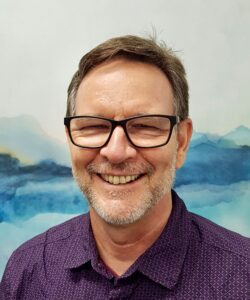
Vince Jensen - Associate Teacher
Vince Jensen is the guiding teacher of the Bellingen Zen Group in NSW and Associate Teacher at Ordinary Mind Zen Brisbane. He began studying Zen in 1985 with Charlotte Joko Beck and, after relocating to Australia in 1999, practised with Sexton Burke Roshi, Ellen Davison Roshi and Gregg Howard. He was appointed Practice Leader by Ellen Davison (2016) and Gregg Howard (2017) and received Dharma transmission from Gregg in 2021.
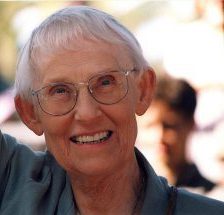
Charlotte Joko Beck - Founding Teacher
Charlotte Joko Beck founded the Ordinary Mind Zen School. She studied with Hakuun Yasutani Roshi and Soen Nakagawa Roshi in the 1960s, became the third Dharma heir of Hakuyu Maezumi Roshi in 1983 and taught at the Zen Center of San Diego for 23 years. Her teachings emphasised rigorous lay practice integrated into everyday life. She passed into deepest samadhi on 15 June 2011.
Ordinary Mind Zen School
In 1995, the purposes of the Ordinary Mind Zen School were set forth in the following statement.
The Ordinary Mind Zen School intends to manifest and support practice of the Awakened Way, as expressed in the teaching of Charlotte Joko Beck. The School is composed of Charlotte Joko Beck, her Dharma Successors, and teachers and successors they, as individuals, have formally authorized. There is no affiliation with other Zen groups or religious denominations; however, membership in this school does not preclude individual affiliation with other groups. Within the school there is no hierarchy of Dharma Successors.
The Awakened Way is universal; the medium and methods of realization vary according to circumstances. Each Dharma Successor in the School may apply diverse practice approaches and determine the structure of any organization that s/he may develop to facilitate practice.
The Successors acknowledge that they are ongoing students, and that the quality of their teaching derives from the quality of their practice.
As ongoing students, teachers are committed to the openness and fluidity of practice, wherein the wisdom of the absolute may be manifested in and as our life. An important function of this School is the ongoing examination and development of effective teaching approaches to insure comprehensive practice in all aspects of living.
May the practice of this School manifest wisdom and compassion, benefiting all beings.
Practice With Us
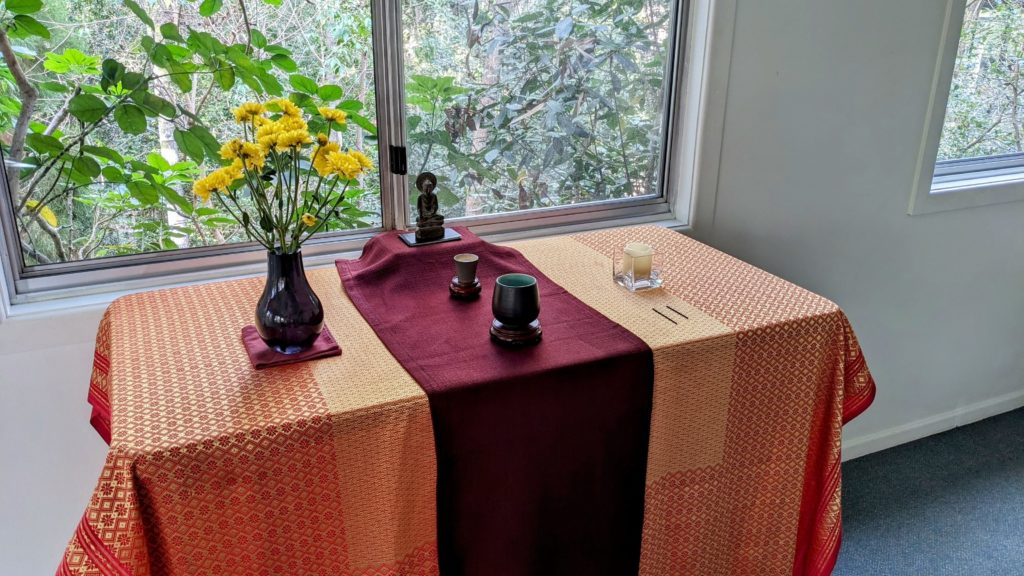
We extend a warm welcome to newcomers and invite you to join us by following a few simple steps. Please contact us using the form below before attending so we can provide more information and arrange a suitable Sunday evening for your first visit. On that evening you’ll receive a brief orientation: an experienced member will meet you and guide you through the sitting place, where and how to sit and basic formalities in the Zendo. For more information please read our Guide for Newcomers.
You can prepare by reading How to Begin Zazen, available in our Resources below. Some prior experience with silent meditation is helpful, but you can also start practising at home using these instructions. Reading books by Charlotte Joko Beck or other Ordinary Mind teachers listed below may also be useful. Participation in our group is free; occasional donations to help cover costs are appreciated. Inability to pay will never hinder your participation or membership.
Resources
Getting started with Zazen
Here is a concise guide to help you begin your practice of Zazen (Zen sitting meditation). You can find instructions and information by following this link.
Our Ethics
We follow a set of ethical principles at Ordinary Mind Zen Brisbane, which are reviewed and updated annually and serve as our guiding values. To access the document, please click here.
Formalities in the Zendo
The Zendo is a formal space where a formal etiquette is observed. This document describes some of the main formalities we observe. During your first visit, some of these will be demonstrated to you. Don’t try to learn everything at once, but watch what others do and use this document as a helpful resource as you settle into the group. If anything is unclear, don’t hesitate to ask. You can access this document here.
